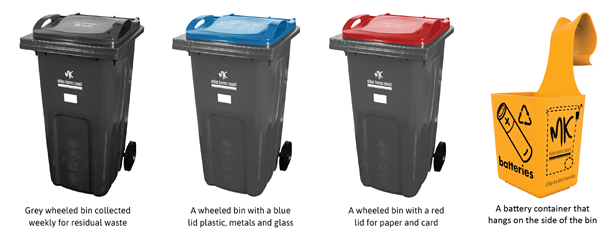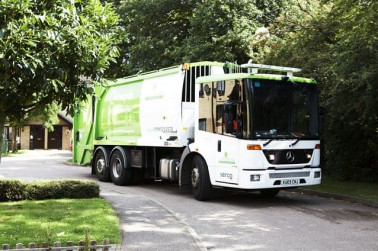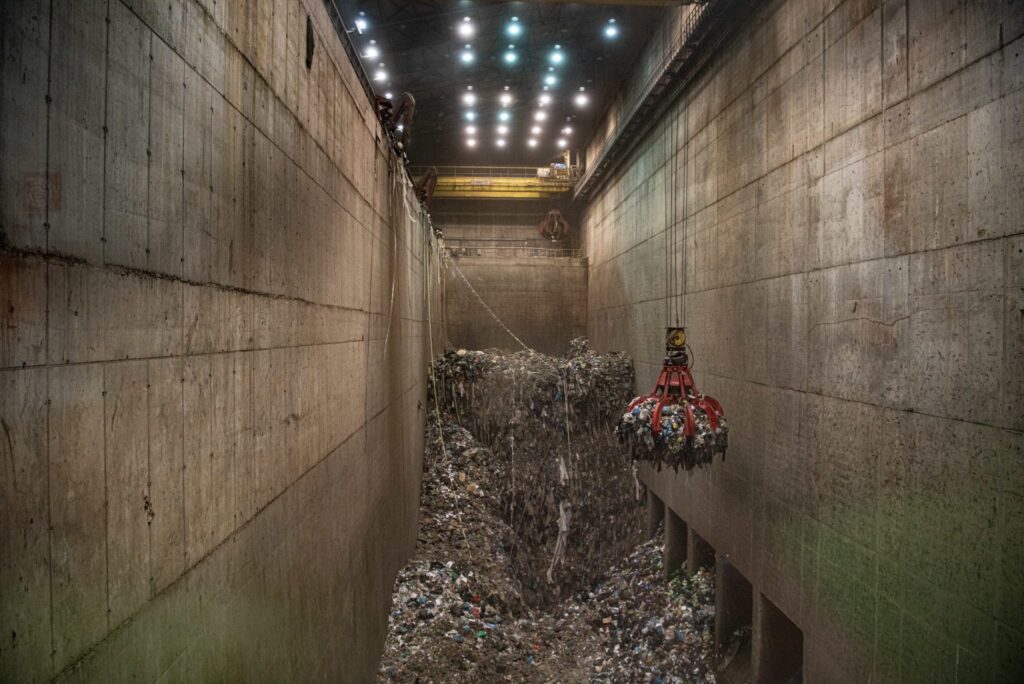The move follows a trial as well as a consultation by Milton Keynes council. The consultation, said the council, showed that 76% of residents were in favour of scrapping the current black sacks provided by the authority.
In a delegated decision report published on 23 March, the Labour-run council confirmed that each household will receive four different wheeled bins: green for food and garden waste, blue for plastic, metals and glass, red for paper and card and grey for residual waste.
| WHEELED BIN COLOUR | BIN CONTENTS |
| Grey wheeled bin | Residual waste |
| Blue wheeled bin | Plastic, metals and glass |
| Red wheeled bin | Paper and card |
| Green wheeled bin | Food and garden waste |
A small container will also be provided for residents to recycle batteries, and replacement boxes or sacks will be provided to “unsuitable” properties. Wheeled bins will be rolled out to houses, with flatted properties receiving boxes or sacks.
But, the change won’t happen until April 2023, when Milton Keynes councils current contract with Serco, is set to end.
The current waste collection system in Milton Keynes includes the provision of black sacks for residual waste, clear sacks for recycling, a 45 litre blue box for glass, and a green 140 litre bin for food and garden waste.

Space concerns
However there is concern among some councillors at the idea of residents getting four bins. At a meeting held on 23 March to discuss the report, Conservative group leader Councillor Alex Walker, said he was “unconvinced” that this is what the majority of residents would want.

Cllr Walker said that clarity is needed from the council to respond to “outstanding challenges”, such as the space the wheeled bins will take up, and how it will “deliver the actual change”.
He said: “I remain unconvinced that the council has covered all bases and we will be monitoring the next stage of the trial”.
Author of the report, Labour councillor Emily Darlington, reiterated that residents have endorsed moving to wheeled bins, although she acknowledged that there is work to do regarding spacing issues, which the council will do in further consultations.
Consultation
The consultation was carried out for 12 weeks from 2 November 2020 to 24 January 2021, to which 4,484 residents and six parish and town councils responded.
A trial of the wheeled bin system was also carried out from October 2020 to 23 March 2021, where 3000 households took part.

The council reported that overall, satisfaction rates were “high” for the majority of residents using wheeled bins within the pilot area, remaining constant at over 80%.
From responses received, 42% of the residents involved in the pilot are recycling more, and on average, 60% of respondents feel that the streets have become cleaner using bins, with less sacks and spillage on the streets.
Decision
According to the report, the sacks currently used cause “commercial waste leaks into the household waste stream” which go undetected.
The council also reported that contamination in the recycling sacks is above 20%.
The introduction of recycling wheeled bins was chosen to “allow additional volume for recycling and “improve quality”.
Cost
The council is anticipating that the wheeled bin roll out will result in a “net revenue pressure” of approximately £850,000 per year from 2023 onwards.
The council added that additional storage space for replacement bins, after the initial roll out, will also be required however cost of infrastructure works to accommodate this has not yet been determined.









Subscribe for free